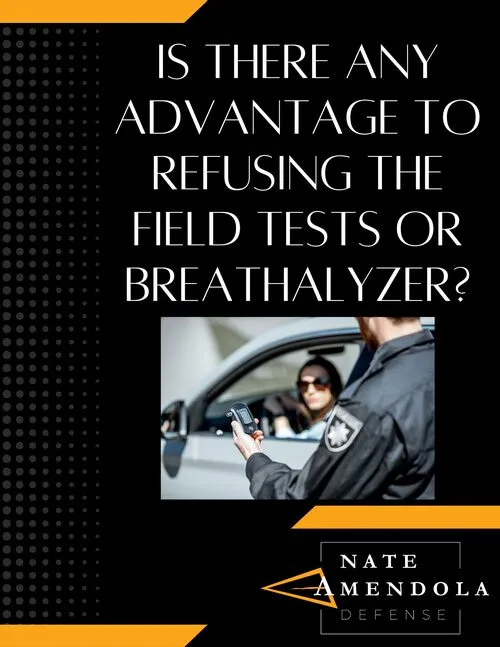
An effective theory of the case combines indisputable evidence (even the bad facts) with a compelling human story that leads the jury to the conclusion that your desired result is a just one. In other words, the theory is how or why a person is innocent. Think about it like this: the category of legal defense is like the genre of a book; the theory is a compelling summary of the story and plot.
Our easy-to-follow breakdown will help you navigate the often confusing process if you’re ever going through trial after an arrest. With our expert advice, you’ll know exactly what to do to protect your rights and minimize the impact on your life.
Fill Out the Form Below
Schedule a Free Consultation with a Massachusetts Criminal Defense Attorney Today
If you’ve been arrested on an OUI/DUI charge, domestic violence, disorderly conduct, or drug possession, you should speak to an experienced defense attorney as soon as possible. You cancontact us onlineor call our office directly at(781) 740-0800to schedule your free consultation with one of our top-notch defense lawyers. We have been proudly servicing clients throughoutNorwell, Massachusetts, and surrounding areas such as Plymouth, Barnstable, Nantucket, and more.


